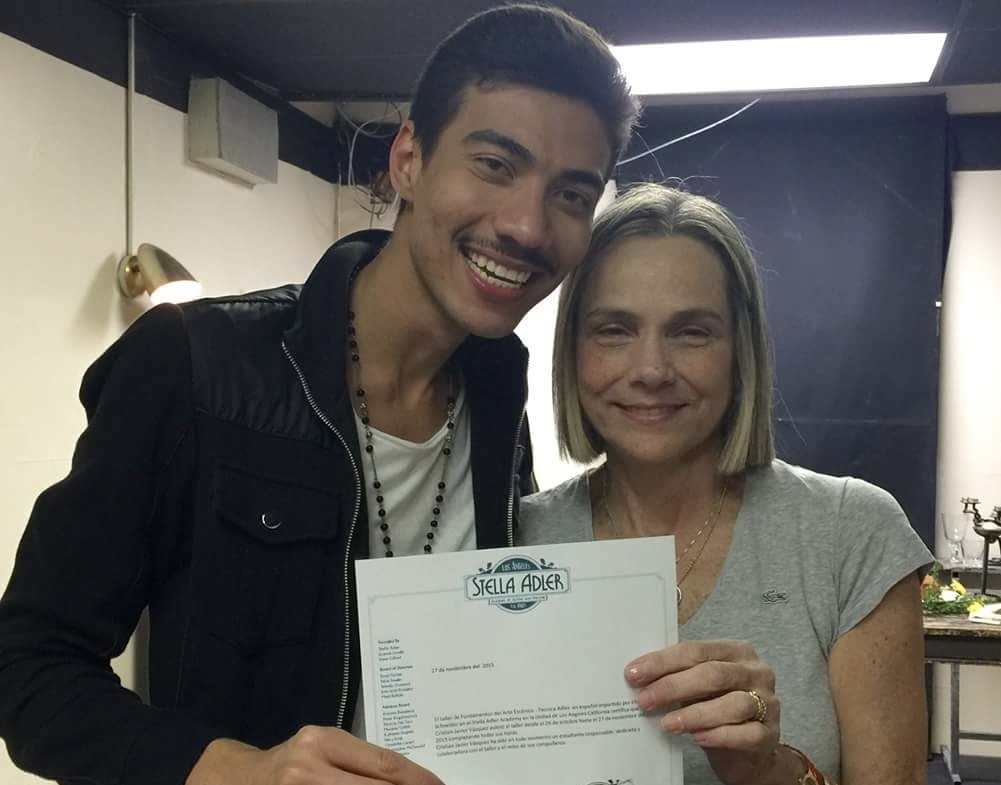Nice White Parents is a podcast that debuted in the summer of 2020 about the inequities in the education system here in the U.S. The podcast series posits that “nice white parents” are partially to blame for the inequities in the education system based on a study of students in journalist Chana Joffe-Walt’s Cobble Hill, Brooklyn neighborhood.
The premise of the series is that well-meaning white parents who want racially integrated schools don’t have the follow-through to actually make it happen for myriad reasons like overcrowding, noise control, and general malaise.
Joffe-Walt was looking for a school for her own children when she was inspired to research the idea of white parents who mean well but ultimately choose private, mostly-white schools rather than public schools full of Black and brown children.
“I knew the schools were segregated, I shouldn’t have been surprised,” Joffe-Walt says at the beginning of the series. But she doesn’t blame the government. She blames, nice, white parents.
“If you want to know where to look, look at white parents,” she says in the podcast.
Not surprisingly, the podcast has attracted harsh criticism since its debut in August 2020.
“I think white parents are pretty savvy at evading the explicit conversation around race, although it’s clearly shaping our thoughts about schools,” she said in an interview with Terry Gross at NPR.
Vulture called Joffe-Walt’s assessment “not all that novel” and that it told the story to other white people rather than people of all races.
“Nice White Parents is two kinds of shows: one for the very nice white parents it covers, and one for everyone else,” writes Nicholas Quah in the Vulture article.
And Forbes writer Natalie Wexler works through Joffe-Walt’s first two episodes (the only ones that were available at the time of publication) and disputes her theories one by one.
Where Joffe-Walt uses studies from the ’60s and ’70s, Wexler claims they are too old. Where Joffe-Walt supports desegregation based on evidence gathered in the ’80s, Wexler claims that evidence wasn’t solely based on desegregation.
Both articles offer rebukes of the podcast, but what could have caused such a stir?
Nice White Parents actively blames a well-meaning group of people for the biggest problem in the education system: segregation. Ultimately, the education problem boils down to segregation, according to Joffe-Walt, and that’s what makes a child’s education good or bad.
The “nice white parents” will send their kids to nice schools, not “noisy, crowded ones” like the public schools with the Black and brown children Joffe-Walt says in the podcast. And when they do send them there, they band together to get a foreign language program (for example) as the podcast details, even arranging for dinner at the consulate, that only the white parents wind up attending because it’s over an hour away from the school. Thus, continuing the segregation.
This piece of journalism, despite its criticism, uncovers a new facet about the American educational system previously unknown that can be helpful moving forward to improve education for all. Without it, some school districts or well-meaning parents may not know what to do when faced with some ethical dilemmas like putting all the white students into the gifted program (an example from the podcast) or white parents putting their children into the “noisier” school.
It is entirely necessary and is told in a beautiful and coherent manner with exceptional audio and editing as well.


